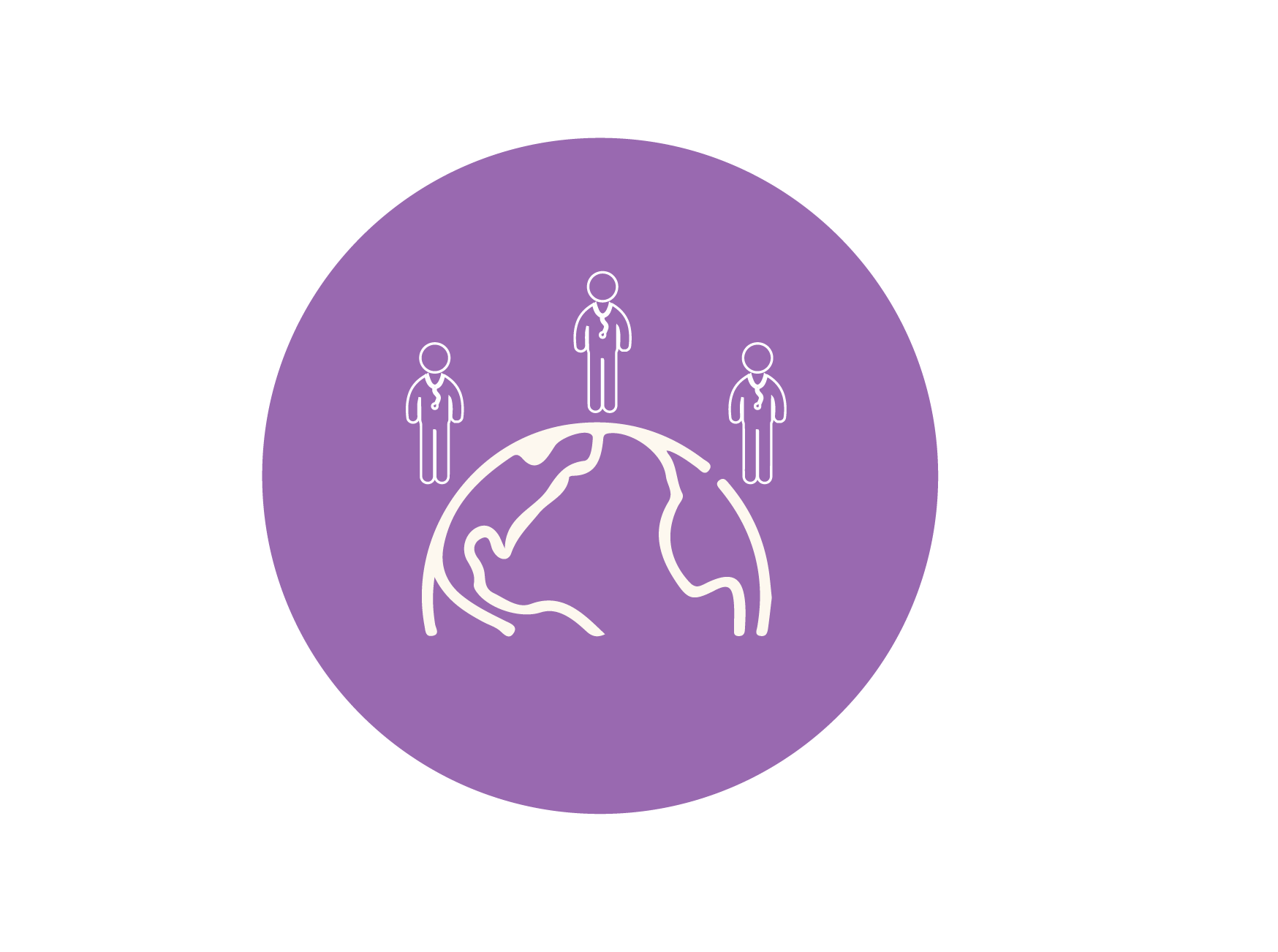c733a67a68ec485aaa826b0da7cf9b78.tmb-768v.png?sfvrsn=c4dfee58_1)
Module 5
Communication, countering misperception, and increasing community engagement
Overview
Ensuring that necessary information is both available and understood by diverse populations is an increasingly important consideration for public health planning, preparedness and response in countries, including those hosting refugees and migrants. Availability of health-related information is central to ensuring equality and non-discrimination in the access to health care for refugees and migrants. It is also critical to improve communications with the public, counter negative perceptions of refugees and migrants, and dispel fears and misconception by providing and building fact-based information and evidence surrounding current public discourse. In a health emergency, effective communication helps to prevent death, disease and disability. Health policies, strategies, plans and interventions across the migration and displacement cycle and in countries of origin, transit and destination should be participatory, so that refugees and migrants are involved and engaged in relevant decision-making processes in their design at national and subnational level. In this way, they can be recognized as co-developers as well as providers of health and other essential services and prevention efforts.
This module consists of two tools. The tools define the critical elements in communicating with refugees and migrants as well as with the public for addressing misinformation and fears that inhibit people’s access to health care and providing evidence-based communication and engaging with the refugee and migrant community.
Actions to be considered
- Develop and support measures to improve communication and counter xenophobia by providing accurate information and making efforts to dispel fears and misperceptions among refugee, migrant and host populations on the health impacts of migration and displacement.
- Develop and support the provision of appropriate, factual, timely, culturally-sensitive, user-friendly information on the human rights and health needs of refugees and migrants in order to counter exclusionary acts, such as stigmatization and discrimination.
- Share accurate information on the impact of refugees and migrants on the health of local communities and health systems, as well as acknowledge the contribution of refugees and migrants to society.
- Support advocacy, mass media and public education within the health sector to build support and promote wide participation among government, the public and other stakeholders.
- Engage with community and religious leaders, local and diaspora networks/groups and nongovernmental organizations to facilitate the participation of migrant communities in national COVID-19 prevention and response efforts.


